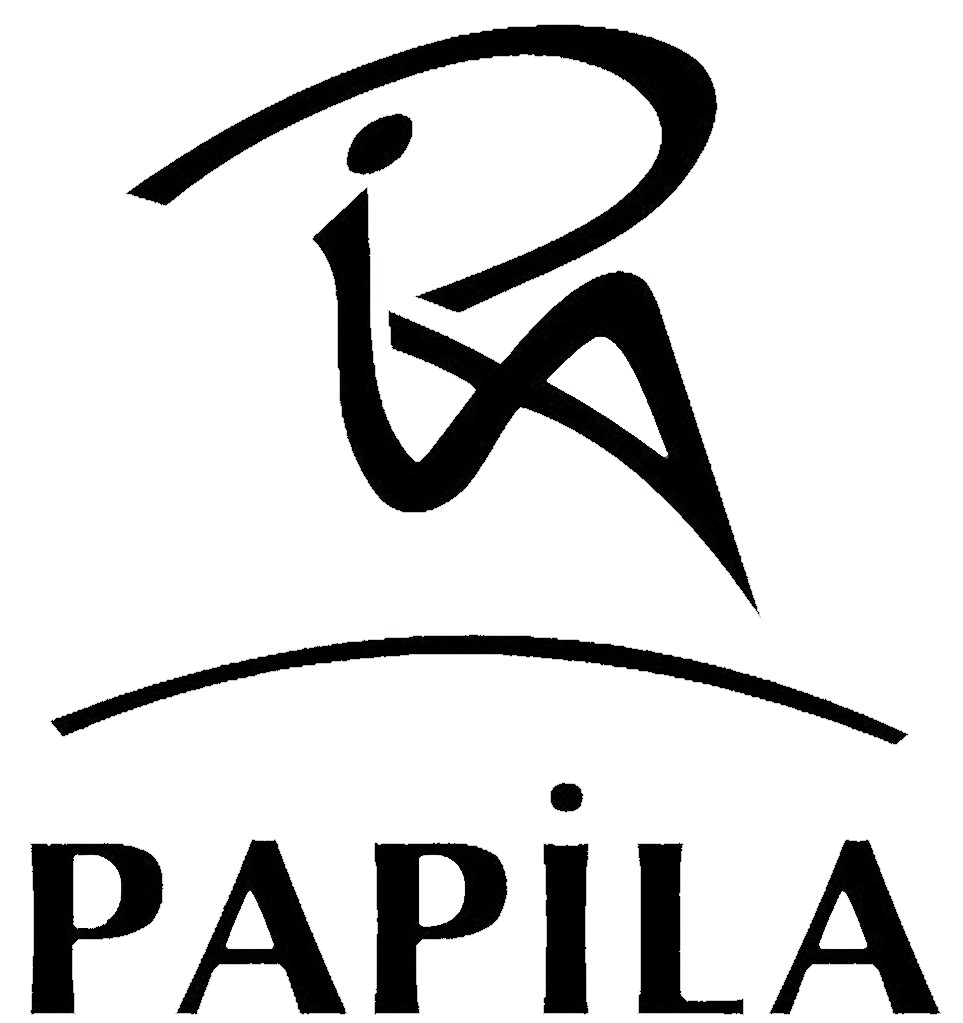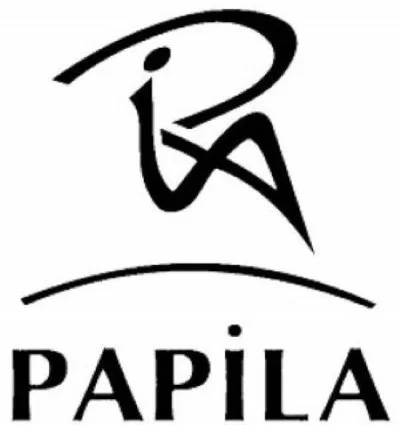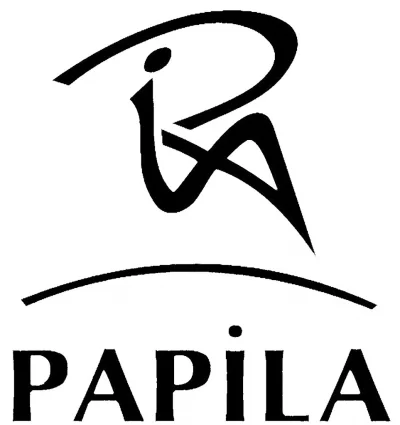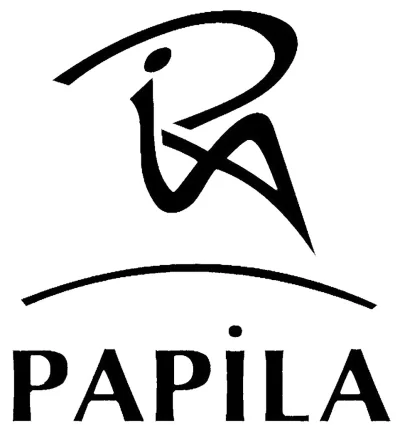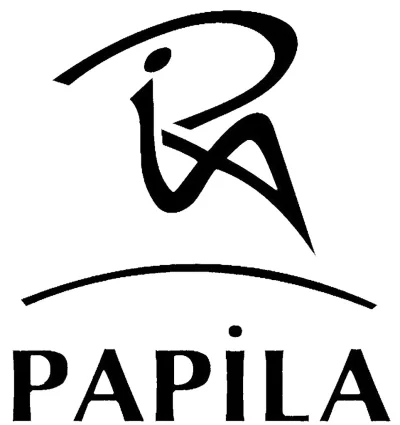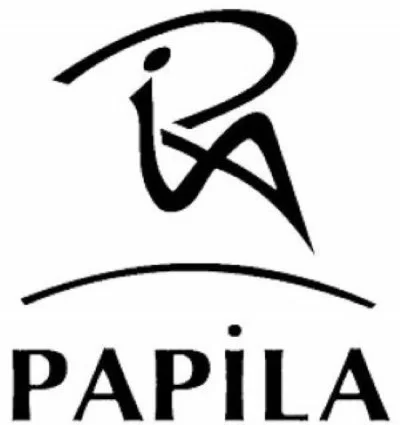
Sports Law Disputes in Türkiye: Challenges, Mechanisms, and Reforms
Introduction
Sports law disputes have become more frequent in Türkiye as sports have gained economic significance and professionalization has increased. Disputes can arise from various areas, including contractual disagreements between athletes and clubs, disciplinary actions by sports federations, doping violations, and match-fixing allegations. Resolving these disputes fairly and efficiently is crucial to maintaining the integrity of sports and ensuring legal compliance. This essay explores the common causes of sports law disputes in Türkiye, the legal frameworks for resolving them, and the challenges faced by athletes, clubs, and federations.
1. Common Causes of Sports Law Disputes in Türkiye
Several factors contribute to the rise in sports disputes, many of which reflect the complexities inherent in professional sports.
1.1 Contractual Disputes
Contractual disagreements between athletes, coaches, and clubs are one of the most frequent sources of disputes. These cases often involve salary payments, bonuses, termination conditions, and transfer fees. For example, delayed payments by financially troubled clubs often lead to players seeking legal recourse.
1.2 Disciplinary and Regulatory Violations
Federations impose sanctions on players, coaches, and clubs for breaching rules or engaging in misconduct. These disciplinary actions may involve suspensions, fines, or bans from competitions. Disputes arise when parties challenge these sanctions, either on procedural or substantive grounds.
1.3 Doping Violations
Athletes accused of doping often challenge the sanctions imposed by anti-doping authorities, arguing errors in testing procedures or sample handling. Türkiye's alignment with World Anti-Doping Agency (WADA) standards has increased the complexity of such disputes, as athletes must navigate both national and international regulations.
1.4 Match-Fixing and Illegal Betting
Match-fixing and illegal betting have led to high-profile legal cases, especially in football. Allegations of corruption not only tarnish the sport’s reputation but also result in complex legal proceedings, involving criminal law as well as sports law.
2. Dispute Resolution Mechanisms in Türkiye
Disputes in Turkish sports are generally resolved through two main channels: federation-based arbitration and appeals to the Court of Arbitration for Sport (CAS). Additionally, Türkiye's civil courts handle certain disputes, particularly those with criminal or labor law elements.
2.1 Federation Arbitration Committees
Each sports federation in Türkiye, such as the Turkish Football Federation (TFF) or the Turkish Basketball Federation (TBF), has its own arbitration committee responsible for resolving disputes within the sport. These committees handle cases involving disciplinary actions, player transfers, and other internal matters. However, the independence of these committees has been questioned in certain high-profile cases, raising concerns about impartiality.
2.2 The Turkish Sports Arbitration Board
The Turkish Sports Arbitration Board, operating under the Ministry of Youth and Sports, serves as the final domestic authority for disputes that fall within its jurisdiction. The board reviews decisions issued by sports federations and provides an alternative to lengthy litigation in civil courts. While it offers a specialized platform for resolving disputes, its decisions are still subject to criticism for lack of transparency in some cases.
2.3 Appeals to the Court of Arbitration for Sport (CAS)
For international or high-profile disputes, parties often appeal to the Court of Arbitration for Sport (CAS) in Lausanne, Switzerland. CAS provides an independent forum for resolving disputes involving Turkish clubs, athletes, and federations, particularly in cases related to international competition or transfer disagreements. CAS decisions are final and binding, providing legal certainty. However, the cost and complexity of CAS proceedings can be a barrier for some athletes and clubs.
2.4 Civil and Labor Courts
When disputes involve employment contracts, financial claims, or criminal offenses like match-fixing, parties may resort to Türkiye’s civil or criminal courts. Labor disputes, in particular, are common, as players seek compensation for unpaid wages or wrongful termination of contracts. However, civil court proceedings can be slow, making arbitration a preferred option for many.
3. Key Challenges in Resolving Sports Law Disputes in Türkiye
Despite the availability of multiple dispute resolution mechanisms, several challenges hinder the effective resolution of sports-related conflicts in Türkiye.
3.1 Lack of Consistent Enforcement
Federation arbitration committees and the Turkish Sports Arbitration Board sometimes struggle with enforcing decisions promptly. Some clubs delay compliance with arbitration rulings, such as paying compensation to players, further complicating the dispute resolution process.
3.2 Financial Instability of Clubs
Financial instability is a significant issue, especially in football, where clubs often struggle to meet their financial obligations. This leads to numerous cases of unpaid wages and unfulfilled contracts, putting athletes in a difficult position. Players may need to resort to multiple legal mechanisms to secure payments, adding to the burden on arbitration bodies and courts.
3.3 Concerns about Independence and Transparency
The independence of arbitration committees under sports federations has been a topic of debate. In some cases, parties have raised concerns about bias, particularly when decisions favor well-established clubs or stakeholders with influence. Increasing transparency and ensuring impartiality are necessary to boost trust in domestic arbitration mechanisms.
3.4 Complexity of International Disputes
International disputes, such as player transfers or disciplinary cases involving global competitions, require adherence to international standards set by FIFA, UEFA, or CAS. Navigating the intersection of domestic and international regulations can be complex, particularly for smaller clubs and individual athletes with limited legal resources.
4. Recent Reforms and Future Directions
The Turkish government and sports authorities have introduced several reforms aimed at improving dispute resolution mechanisms in sports.
4.1 Law No. 7405 on Sports Clubs and Federations
This new law, enacted in 2022, introduces stricter financial regulations for sports clubs, promoting transparency and accountability. It is expected to reduce the frequency of financial disputes by encouraging better management practices and minimizing debt accumulation.
4.2 Strengthening the Role of the Turkish Sports Arbitration Board
Efforts are underway to enhance the capacity and independence of the Turkish Sports Arbitration Board. These reforms aim to increase trust in the board’s rulings and reduce the reliance on civil courts for sports-related disputes.
4.3 Promotion of Alternative Dispute Resolution (ADR)
Sports federations and legal experts are promoting the use of alternative dispute resolution (ADR) methods, such as mediation and negotiation, to resolve conflicts quickly and amicably. ADR can be particularly beneficial in cases involving youth athletes or amateur clubs, where formal litigation may not be practical.
5. Conclusion
Sports law disputes in Türkiye reflect the growing complexity of the sports industry, where legal, financial, and ethical considerations intersect. While Türkiye has developed a multi-tiered system for resolving these disputes, challenges remain in ensuring fairness, transparency, and consistent enforcement. Recent reforms, such as Law No. 7405, signal a positive step toward better governance and dispute management, but further efforts are needed to address financial instability and enhance the independence of arbitration mechanisms.
As Türkiye continues to align its sports law practices with international standards, the effective resolution of disputes will be essential to maintaining the credibility of its sports institutions. By strengthening arbitration frameworks, improving financial management in clubs, and promoting alternative dispute resolution methods, Türkiye can create a more robust and equitable sports ecosystem for athletes, clubs, and fans alike.
